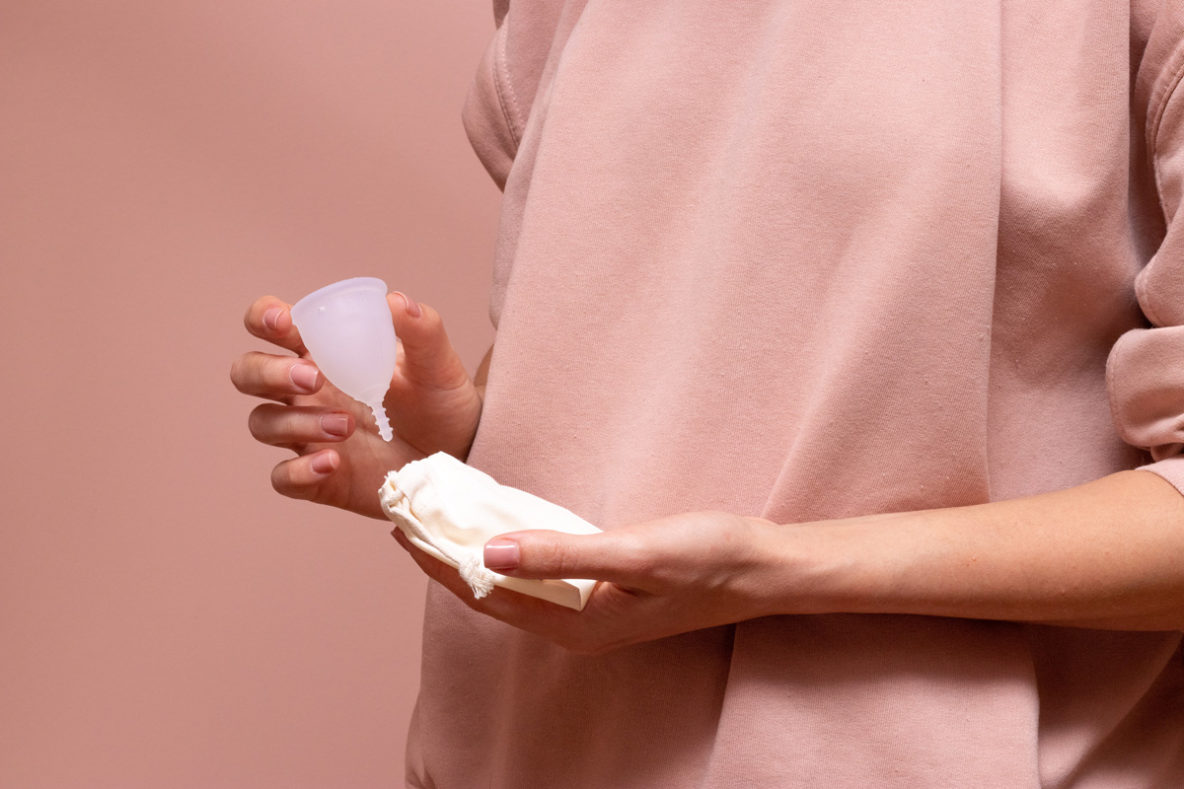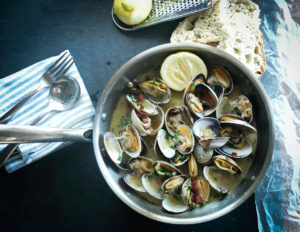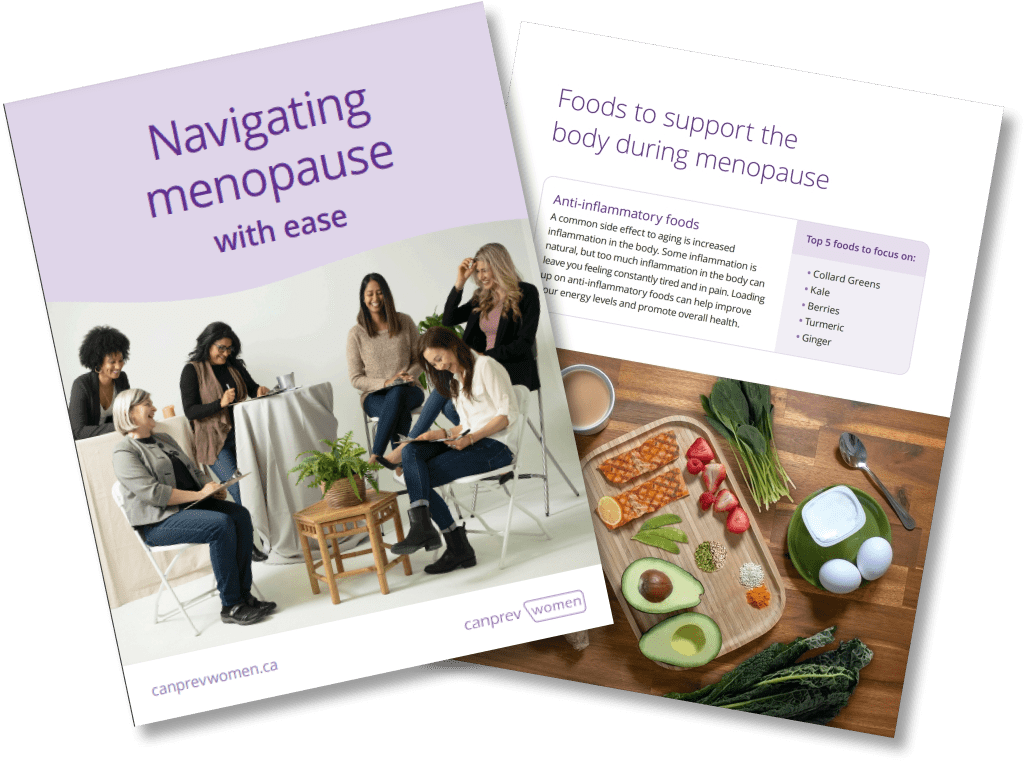Anemia is a common condition today, and menstruating women are especially at risk for low iron stores. When you have anemia, your red bleed cell count is lower than normal, which can cause symptoms such as fatigue and lead to other health issues. Heavy periods can contribute to higher iron loss and worsen anemia. By taking a holistic approach using diet and natural supplements, you can prevent and heal from iron-deficiency anemia.
What is anemia?
Signs and symptoms of anemia in women include:
- Tiredness
- Fatigue
- Pale skin
- Cold hands and feet due to poor circulation
- Irregular heartbeat
- Shortness of breath
- Headaches
- Leg cramps
- Insomnia
There are different kinds of anemia; the most common one being iron-deficiency anemia. The two main causes of iron-deficiency anemia are loss of blood or nutritional deficiencies. Loss of blood may be caused by injury, giving birth, or experiencing heavy blood flow during menstruation. Nutritional deficiencies, on the other hand, may be caused by not consuming enough iron-rich foods, or lacking the necessary nutrients and cofactors for iron absorption (like vitamin C, folate, and B12).
Anemia related to nutrition may be classified as pernicious anemia, a type of vitamin B12 deficiency specific anemia that commonly affects vegetarians and vegans, or those with Crohn’s disease as a result of nutrient malabsorption.
Rare causes of anemia include bone marrow disease or suppression of bone marrow by chemotherapy, along with kidney failure.
Why am I experiencing heavy periods?
Many women experience heavy periods, which can contribute to iron-deficiency anemia. Also called menorrhagia, heavy periods are defined by:
- Lasting more than 7-10+ days in length
- Having to change your pad or tampon every 2 hours
- Having to change your pad or tampon frequently throughout the night
- Passing grape-sized (or larger) blood clots
Causes of heavy periods include:
- Hormonal imbalances
- PCOS
- Hypothyroidism
- Uterine fibroids
- Problems with an IUD
While anemia doesn’t cause heavy periods, having heavy periods every month can contribute to iron-deficiency anemia. When you’re anemic, heavy periods can worsen your symptoms. If you have heavy periods, check with your healthcare provider to determine the root cause of your heavy blood flow.
The importance of blood tests
If you suspect you may have iron-deficiency anemia, it’s recommended that you see your doctor for blood tests. Anemia can be detected and diagnosed with a complete blood cell count. This is the only way to properly assess whether or not you have anemia, and how to proceed.
Preventing menstruation-related anemia
One of the best ways to address and prevent anemia is to consume enough iron-rich foods. Good dietary sources of iron include:
- Meat such as poultry, beef & lamb
- Fish & shellfish such as salmon, mussels & oysters
- Dark leafy greens such as spinach, kale & chard
- Beans & legumes such as chickpeas, lentils & peas
For better iron assimilation, pair iron-rich foods with vitamin C, folate, and B12. Strict vegans may require iron supplements in order to meet their iron needs, especially for women with heavy periods. Follow an iron-rich nutritional and herbal protocol throughout the month to help replenish low iron stores and alleviate the risk of anemia caused by heavy periods.
Tea and coffee can block iron absorption, so reduce your intake if you’re anemic.
For those who need more than just food and herbs alone, iron supplements are greatly beneficial, but choosing the right one is crucial. Women report numerous side effects from using low quality iron supplements, such as digestive upset, diarrhea and constipation.
Do you need to take your iron supplement every day?
And should you take it on your period? Researchers have recently made the interesting discovery that intermittent iron supplementation (taking your iron supplement 2-3 times a week) may be just as effective as daily supplementation for menstruating women. With this in mind, you can experiment with daily supplementation, or intermittent. You can take iron supplements during your period. However, if your heavy periods get heavier and your blood flow increases, you can cut back on the iron supplements and resume once your period ends.
Choosing an iron supplement
When shopping for the right iron supplement, go for an iron bis-glycinate rather than a ferrous iron. Iron bis-glycinate is a chelated iron that is easy to absorb, gentle on the stomach, and doesn’t cause gastrointestinal upset like those that contain ferrous sulphate.
In addition, look for an iron supplement that delivers essential cofactors for better iron assimilation. The absorption of elemental iron is enhanced with vitamins C, B6, B12 and folic acid.
Once you’ve found your ideal iron blend, you can choose between capsules and liquid. Try it and see for yourself which fits into your lifestyle and preferences best.



